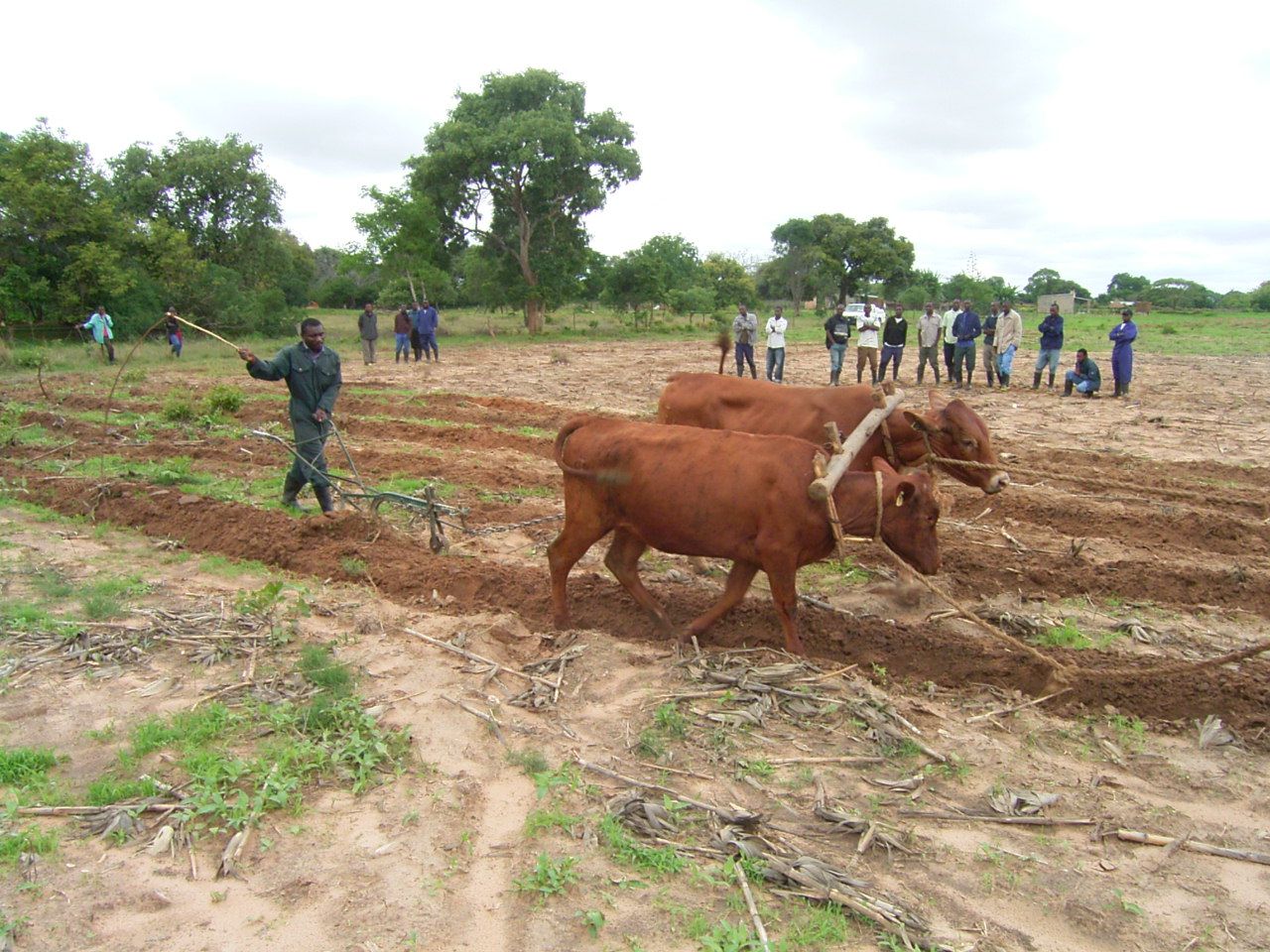Dear friends
We have now been here for almost four weeks. The return flight on August 24th was longer than usual because, due to political uncertainty in Africa, the flight route first went southeast via Greece, Israel, the Red Sea and finally via Ethiopia, Tanzania and Zimbabwe to Johannesburg. We had still managed to catch the connecting flight to Livingstone and so we arrived in Zambia in good health and with our suitcases. The first challenge here was water as 2 of the 6 well pumps were not working.
Modern technology with electronic sensors is wonderful when it works, but if it doesn’t, you have to bypass these electronics and pump with „old-fashioned“ on-off switches. We have had the same problems with some of our vehicles for the last two years. A car was in 6 different workshops for almost a year until someone finally found the fault in a malfunctioning electronic part. We long for cars that can still be repaired with a hammer and wrench.
Primary school
As already reported in the last letter, we had asked the school authorities to promote our home economics teacher to the school management position. An official promotion has not yet taken place, but will hopefully be officially confirmed in the next few weeks.
In the last letter we also wrote about a new well for the elementary school. We are currently negotiating with a drilling company and hopefully we can report on a successful well in the next letter.
Agricultural school
Classes started again on September 5th, with supposedly 10 new students, but not all of them have shown up yet. Unfortunately, this is very common.
In the “Vegetable Growing” class, we are now paying even more attention to soil care in order to further reduce the use of artificial fertilizers. We use pesticides very rarely. In order to be less dependent on donations in the long term, we will start a new production in the next few weeks: we are building our first fish pond. Since we also cover fish farming in class, this will be a good addition that also generates income. There are now also small farmers all over the country who supplement traditional “meat production” with a fish pond. Local fish varieties are used for this purpose, not just any imported variety that could then spread here and displace the native species. More on this in the next report.
We have so far been spared from the extreme weather conditions that we have seen all over the world in recent months. In recent days, however, violent spring flood storms have caused extensive damage to the coasts of South Africa. That’s still 2500 km away from us, but it still makes us take a closer look at the weather forecasts for our area.
For today we send greetings, yours
Klaus and Christiane Müller
